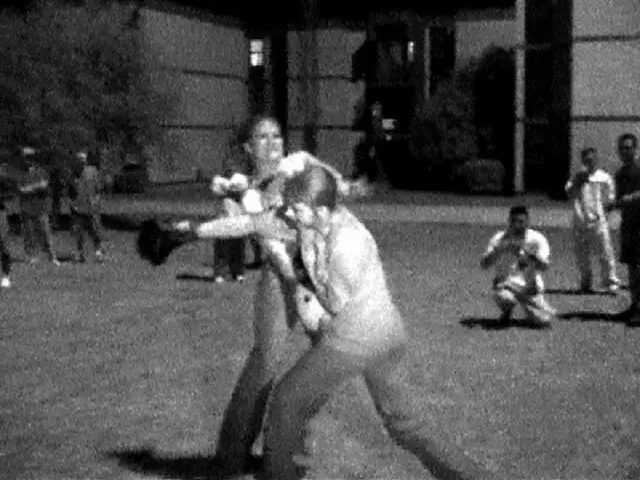The Functioning Mechanisms of the Cannes Film Festival
The Cannes Film Festival, held annually in the picturesque town of Cannes on the French Riviera, is one of the most prestigious and influential events in the global film industry. Originating in 1939 as a response to the politically biased Venice Film Festival, it aimed to create an international film event free from political influence. Although World War II delayed its inception, the first festival took place in 1946, marking the beginning of a cinematic tradition that has spanned over seven decades.
A Competition of Artistic Merit
Cannes was designed as a prestigious competition where each country could submit one film representing the best of its cinema, emphasizing artistic merit over political considerations. The festival rapidly grew from a modest gathering of national cinemas to one of the world's foremost film festivals.
Selection Process and Jury
Films are submitted by countries as well as individual filmmakers. The main competition features carefully selected films judged by an official jury, led by a President of the Jury, a prestigious role held by celebrated figures such as Juliette Binoche (2025). The festival has several categories, including the Official Selection (including the main competition), Un Certain Regard (a section highlighting innovative and daring works), International Critics’ Week, and the Directors’ Fortnight (parallel sections).
Categories and Rules
The Main Competition is the most coveted category, with films competing for the top prize, the Palme d'Or. The Un Certain Regard section focuses on works that have unique styles or visions. Parallel Sections such as International Critics' Week and Directors’ Fortnight showcase films outside the main competition, often highlighting emerging talent.
Awards
The Palme d'Or is the top award, given to the best film in the main competition. Other official awards include the Grand Prix, Jury Prize, Best Director, Best Actress, Best Actor, and Best Screenplay. Additional awards are handed out in other sections, such as the Un Certain Regard Prize. Special awards may be given by critics’ juries, such as the FIPRESCI Prize, and other independent entities.
The Cannes Film Festival is not just a prestigious artistic competition; it also serves as an important industry marketplace. The Marche du Film, the biggest international film market, is held in conjunction with the festival, providing an opportunity for movies to attract the attention of critics and producers.
Submitting to and Attending Cannes
To submit to the Cannes Film Festival, interested filmmakers can visit the official Festival de Cannes website. Attending the festival requires purchasing tickets and passes in advance. An invitation to Cannes can be a huge boost for an "indie" film, and a win usually means serious dollars from producers who want to get in on the next big thing.
Juries and Voting
Juries have the freedom to add awards as they see fit, depending on the movies in the Official Selection that year. Voting in the juries is by secret ballot, and majority rules. Jury members are invited by the selection committee that chooses the films, and are usually directors or actors.
The Camera d'Or
The Camera d'Or is awarded to the best first-time film in the entire festival, including all sections of the Official Selection, the Directors' Fortnight, and International Critics' Week.
In conclusion, the Cannes Film Festival is a place where new films, new artists, and new artistic approaches are seen by people who matter in the film world. Its history reflects a commitment to artistic freedom and international cultural exchange in cinema. To learn more about the festival's awards, visit the official Festival de Cannes website and explore the entire archive of Cannes Film Festival awards.
The Cannes Film Festival is not solely an artistic competition, but also serves as a significant marketplace for movies, with the Marche du Film offering opportunities for films to gain attention from critics and producers.
The festival's jury, consisting of reputable directors and actors, has the autonomy to add awards based on the films presented in the Official Selection that year, and they vote in a secret ballot with majority rule.







